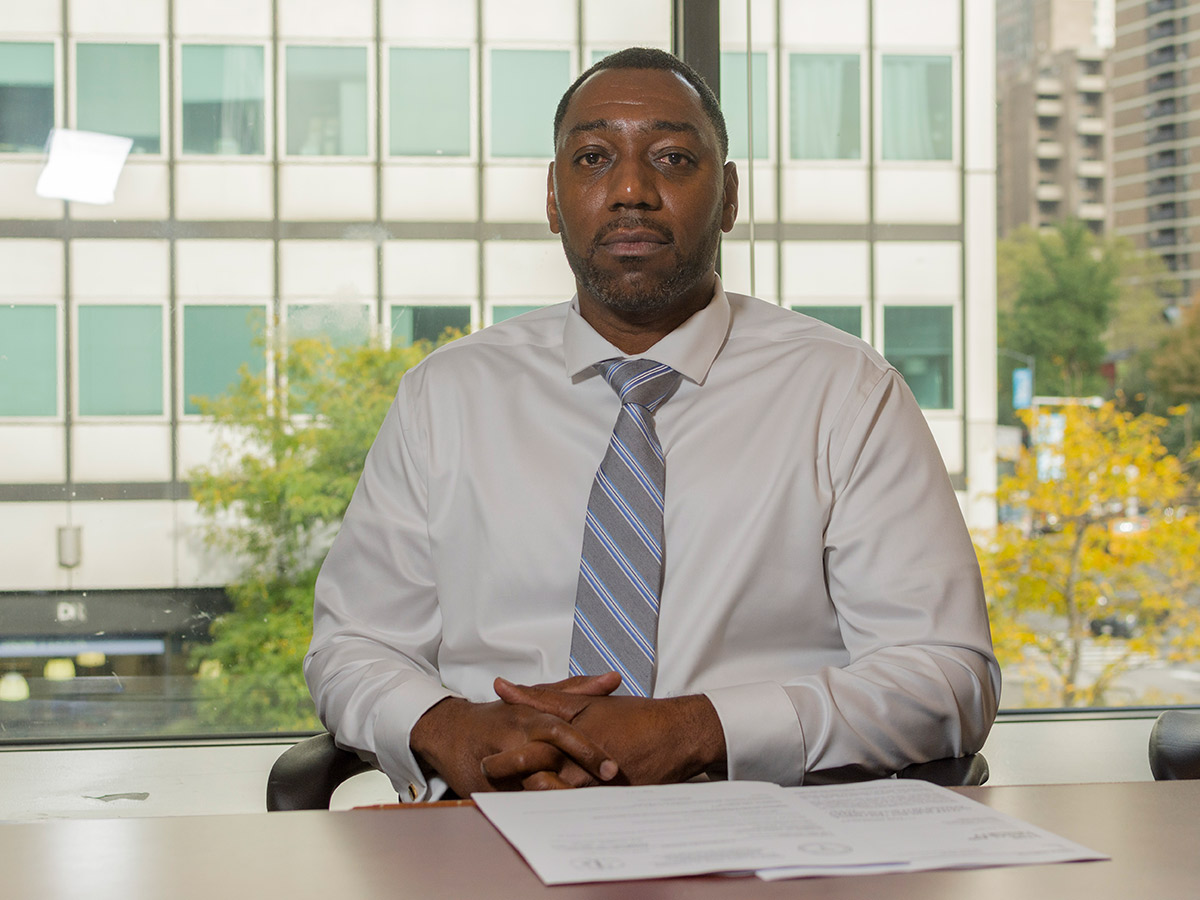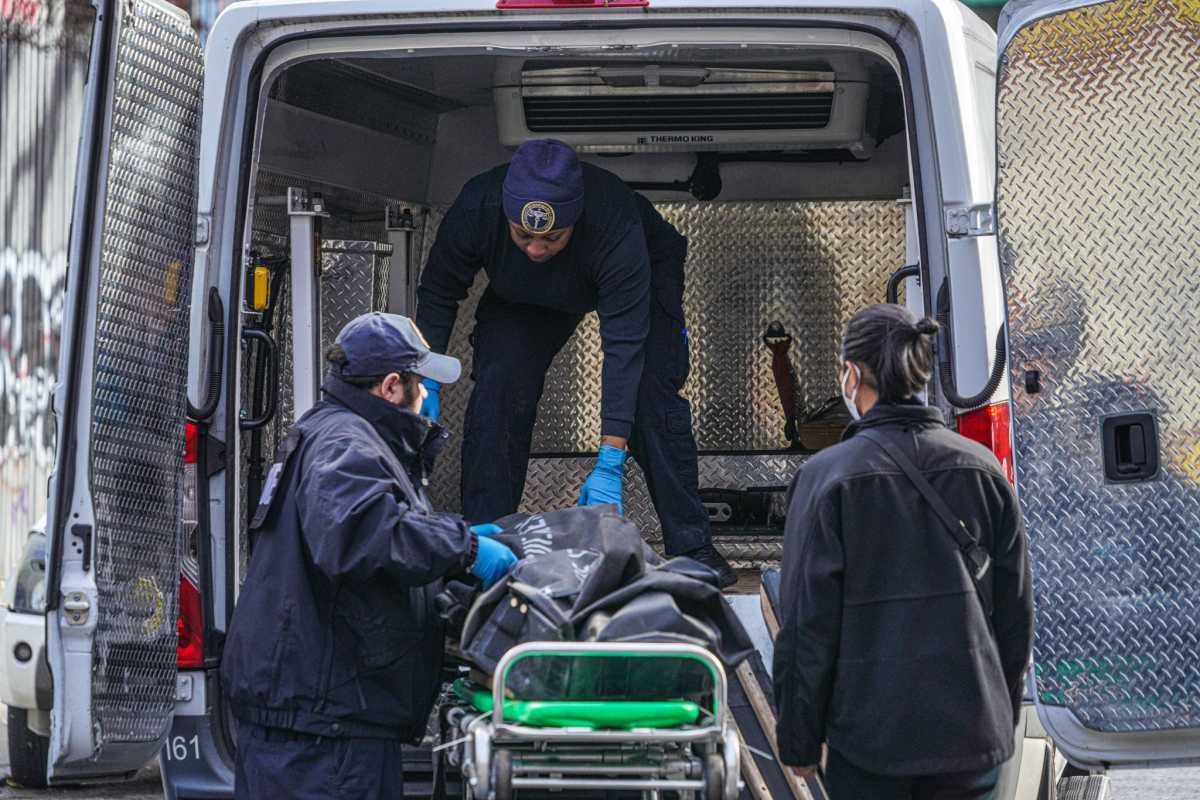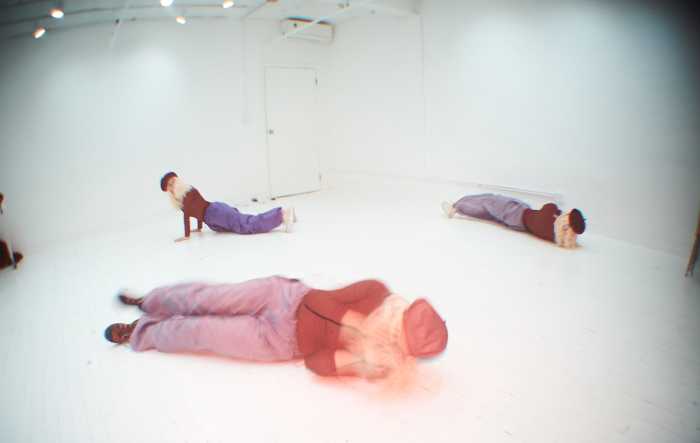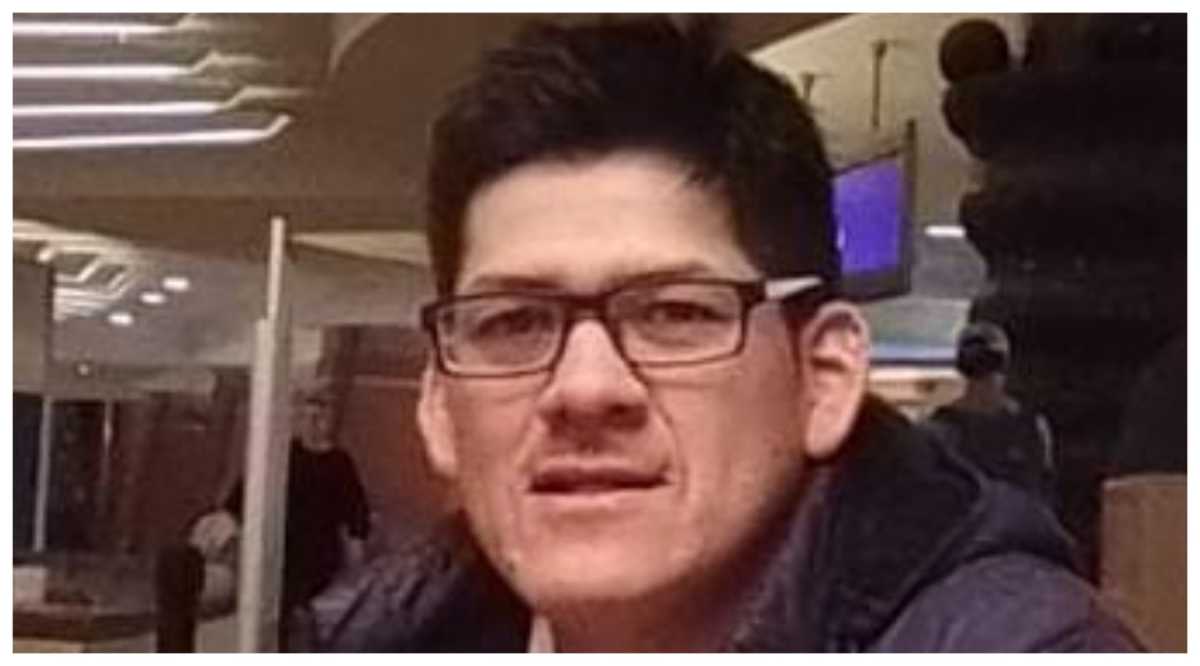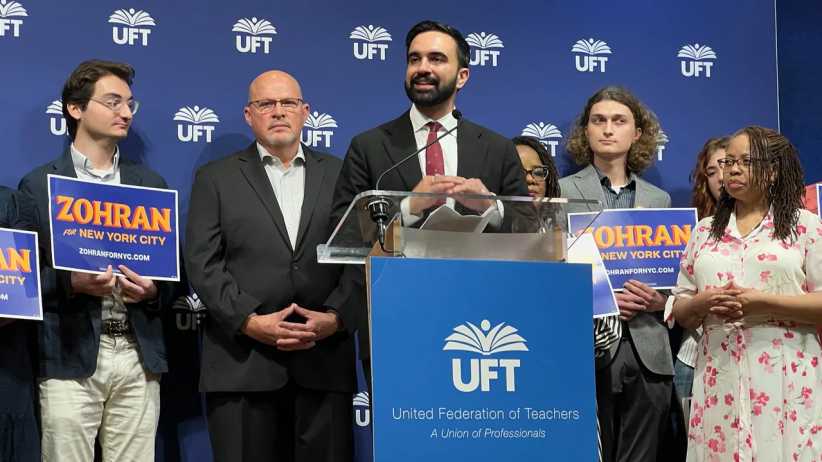After spending more than a quarter century in prison for the murder of his estranged wife, Michael Robinson had his conviction overturned Wednesday, March 22.
The Legal Aid Society secured the ruling from the New York State Appellate Division, Second Judicial Department overturning his 1993 murder conviction based upon newly discovered evidence that could have altered the outcome of his case.
The judges sent the matter back to the Queens Supreme Court, which will wait to hear from the Queens District Attorney‘s office if they wish to retry the case or drop all charges against Robinson altogether.
“We never wavered in our belief that Mr. Robinson was innocent and had been unjustly convicted,” said Harold Ferguson, staff attorney with the Criminal Appeals Bureau at The Legal Aid Society. “After 26 years of incarceration, and seven long years of litigation, the Appellate Division rendered a decision that affords Mr. Robinson the justice that he has long sought. We will continue to represent Mr. Robinson on this matter to secure him the closure and outcome that he deserves.”
During his 1993 trial, Robinson was charged with killing his estranged wife, Gwendolyn Samuels, who was caring for a patient at the time, then-88-year-old Alveina Marchon, at her Bayside home.
Defense attorneys for Robinson argued that Samuels’ then-boyfriend had stabbed her to death.

At the trial, the Queens District Attorney’s office relied on the testimony of two witnesses: Marchon, who had significant vision problems and gave inconsistent accounts of the incident, and NYPD Officer Richard Saronka, who found Samuels’ body upstairs in Marchon’s Bayside home.
Saronka testified that Marchon informed him that the killer was a tall black man.
During the lineup identification process, Marchon did not immediately identify Mr. Robinson. Also, the NYPD acknowledged that only one lineup filler was roughly the same age as Mr. Robinson, and four were considerably older.
Moreover, Gwendolyn Samuels’ father, Melvin Samuels, knew both Michael Robinson and Samuels’ then-boyfriend and described the former as being broad and stout and the latter as a tall, thin Black man.
Despite an alibi defense presented through several family members, testimony about Samuels’ abusive relationship with her then-boyfriend, and conflicting testimony from Marchon about her relationship with Robinson, the jury convicted him of second-degree murder.
On appeal and in post-conviction proceedings, Robinson filed various motions for relief in federal and state court, but they were denied. He also paid for, took, and passed a polygraph examination concerning his involvement in the case.
In October 2013, Robinson, acting pro se, sought post-conviction DNA testing of two blood samples recovered from the crime scene and the blood stains on Samuels’ sweater. The court rejected the motion without a hearing.
On appeal, Legal Aid, representing Robinson, persuaded the Appellate Division, Second Department, that this ruling was an error. The appellate court sent the case back to the trial court “for further proceedings to ascertain whether the subject DNA evidence exists and, if it does, for forensic DNA testing of that evidence.”
After a series of hearings on the existence, location, contamination, and testability of evidence in question, it was determined that the New York City Office of the Chief Medical Examiner (OCME) was in possession of the materials being sought by The Legal Aid Society. OCME subsequently conducted the requested analysis.
OCME did not find any male DNA on the sweater, and other clothing items submitted but did find testable genetic material under the fingernail of Gwendolyn Samuels.
OCME released this raw data, and The Legal Aid Society contracted with Cybergenetics – a renowned and well-respected bio-information company – and concluded that a match between Robinson and the DNA sample found under the victim’s fingernail was “78.1 trillion times less probable than a coincidental match to an unrelated African-American person,” a result that could have exonerated Robinson.
The Legal Aid Society asked the OCME to do additional analysis of the fingernail samples using more data. The OCME’s re-analysis corroborated that Robinson was not a contributor to the male DNA.
However, the lower court denied Legal Aid’s vacatur motion, and this ruling was appealed to the New York State Appellate Division, Second Judicial Department.
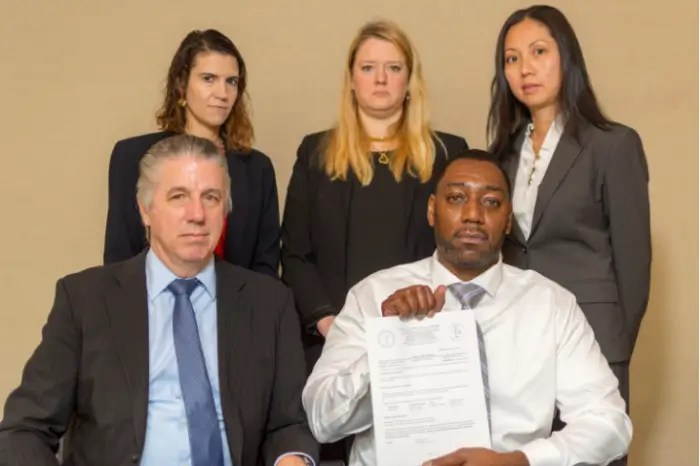
On Wednesday night, that court overturned the conviction and ordered a new trial.
“Here, the defense theory at trial was one of mistaken identity. The defendant posited that the perpetrator was Samuels’s boyfriend, Jermaine Robinson. No physical evidence linked the defendant to the crime. The only identity evidence offered by the People at trial was the testimony of a single eyewitness, Marchon, who was 88 years old at the time of the incident and suffered from significantly impaired vision,” the ruling states. “Marchon’s description to the police of the perpetrator’s appearance was not conclusive and was, in part, more consistent with Jermaine Robinson’s appearance. Under the facts of the case, it would not have been unreasonable to conclude that Marchon confused Samuels’s estranged husband with her current boyfriend in making her identification to the police. Marchon also was not able to conclusively identify the defendant at trial. Moreover, various members of the defendant’s family provided alibi evidence for his whereabouts on the day of the attack.”
Robinson is now waiting to hear if the Queens District Attorney’s office will retry his case.
A spokesperson for Queens District Attorney Melinda Katz said, “We are reviewing the appellate court’s decision.”

